CASOS DE ESTUDIO
JUSTICIA RESTAURATIVA
* Para referencias de imágenes, desplácese hasta la parte inferior de la página.
Author of case study: Greg Labrosse
Geopolitical location of space:
1409 1st Avenue East
Prince Albert, Saskatchewan
Extant?
Yes
Architect:
Original architect unknown
Friendship Centres have been active in Saskatchewan since 1963 and since then the movement has grown within Saskatchewan to encompass 11 Friendship Centres that are part of the 125 member National Association of Friendship Centres.
A Friendship Centre is a not-for-profit urban and rural Indigenous service delivery infrastructure that provides cultural-based Indigenous programs and services to an Indigenous population.
Friendship Centres offer programming in education and training, employment opportunities and counselling, health programs, children and youth programs, recreation programs and economic development. They also offer language training, skills development, computer training, work-site placements, nutrition programs, healing circles, alcohol and drug counselling, summer and winter camps, day care centres, youth peer counselling, youth drop-in centres, organised sports and leagues, wilderness training and facility rentals.
Yes. The service staff at the Prince Albert Indian and Métis Friendship Centre (PAIMFC) act as a liaison between offenders and the court, and offers a variety of holistic programs, such as Bringing Back Our Warriors, for men, which addresses violence, anger management, and domestic abuse, traditional counselling; and learning activities, such as the Kairos blanket exercise about Indigenous experience in Canada. The centre also hosts support circles, a weekly addictions day program, works with families of missing and murdered Indigenous people, and with survivors of the residential school system.
The spaces where restorative justice takes place within the Centre have not been designed specifically for safe listening. They are multi-purpose rooms that are adapted according to the need.
Although the Centre’s focus is on delivering services to the Indigenous community, it operates under a status-blind policy, which means anyone regardless of Indigenous status can make use of their services and programs.
The Centre is housed in a three-storey concrete building in the heart of downtown Prince Albert. The Centre acquired and now owns the actual building from where it provides its services. It is responsible for the majority of its operating and maintenance costs (including power, utilities, and municipal taxes). It receives annual program funding from the Federal Government and the Provincial Government for the delivery of specific programs, initiatives, and services.
The Centre has to fundraise in order to cover any costs that are not part of their initial core funding allowance. The fundraising, then enables them to provide additional services important to the community, such as healing circles, Pow-Wows, and blanket exercises.
The Centre has an Indigenous Elder who is part of the staff. The Elder serves to guide and mentor recently released inmates to help them re-acquaint themselves with traditional knowledge and culture, traditional healing, and to reconnect with their ancestral roots. The Elder also serves as a role model that can relate to the former inmates and can evaluate if the recipients of his guidance and mentorship are in fact ready to receive assistance and support.
The Centre is bound by the constraints of the funding programs that provide it with annual allocations, covering very specific expenses (not including janitorial services, renovations, or improvements). Likewise, because the Centre is a not-for-profit organisation, it has had to mobilise its own facility to deliver its services.
Additionally, as in the case of most NGOs, the provincial and federal government does not usually provide direct funding for the acquisition or restoration of the actual spaces in which NGOs deliver their programs.
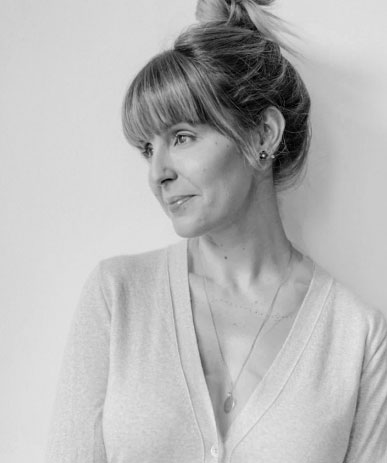
es autora, conferencista, columnista y podcaster en los campos de la arquitectura y las artes decorativas. Obtuvo su un pregrado en Comercio con especialización en Marketing de la Escuela de Negocios John Molson y actualmente se encuentra realizando su maestría en Historia del Arte en la Universidad de Concordia, Montreal. Además, estudió Psicología Industrial en Los Ángeles, California y es autora de dos libros sobre diseño (2015, 2018) publicados por Les Éditions Cardinal.

es colombiana, candidata a doctorado en el Departamento de Historia del Arte de la Universidad Concordia. Tiene experiencia en diseño arquitectónico y activismo comunitario y es maestra en Construcción y Diseño Urbano de la Escuela de Arquitectura Bartlett, Londres, Inglaterra. Sus intereses se centran en el arte y movimientos sociales, el activismo colaborativo en escenarios de posconflicto, el arte colectivo y el arte producido en relación con el entorno construido.
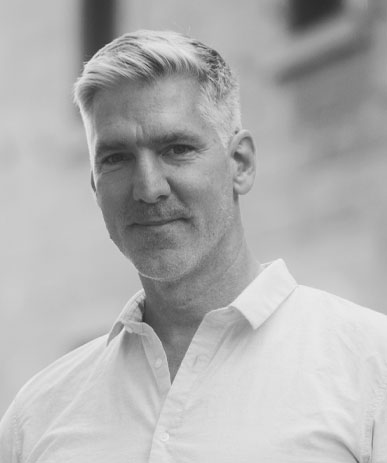
es candidato a doctorado en Humanidades de la Universidad de Concordia, enfocado en la agencia espacial, la estética social, las narrativas juveniles y las representaciones gráficas de la memoria urbana. Ha publicado sobre la relación entre los niños, el juego y el espacio público en Cartagena, Colombia. También ha trabajado como editor en proyectos literarios, entre ellos Territorio Fértil, que recibió el premio María Nelly Murillo Hinestroza de literatura afrocolombiana.
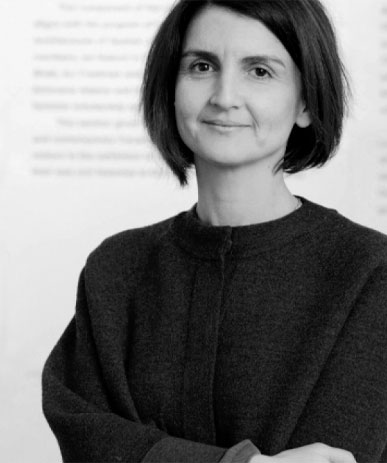
es profesora asociada y Catedrática de investigación de Canadá para la arquitectura de espacios de Justicia (Tier 2) en la Escuela de arquitectura Peter Guo-hua Fu de la Universidad de McGill University, Montréal, Canada. Se enfoca en la investigación de viviendas en entornos de bajos ingresos, diseño participativo, protesta civil, diseño urbano y paisajes y razas. Sus publicaciones incluyen el libro co-editado, Orienting Istanbul (2010) y el libro individual, Istanbul Open City (2018).
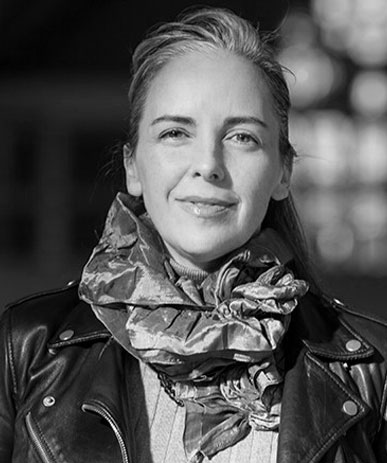
es una artista y profesora asociada y Catedrática de investigación de Canadá para la arquitectura de espacios de Justicia (Tier 2) en la Escuela de arquitectura Peter Guo-hua Fu de la Universidad de McGill University, Montréal, Canada. Se enfoca en la investigación de viviendas en entornos de bajos ingresos, diseño participativo, protesta civil, diseño urbano y paisajes y razas. Sus publicaciones incluyen el libro co-editado, Orienting Istanbul (2010) y el libro individual, Istanbul Open City (2018).
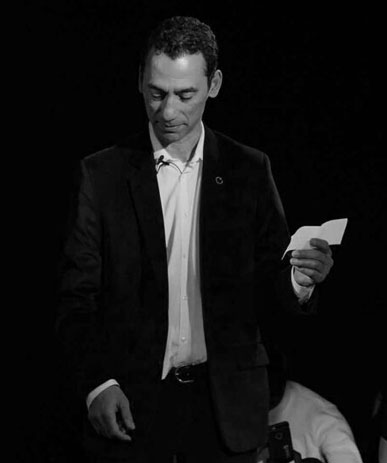
es el antiguo catedrático de Canadá en Historia Oral y performance (2016-2021), es profesor asociado al departamento de Teatro de la Universidad de Concordia y es codirector del Centro de Historia Oral e Historia digital (COHDS). Por medio de la financiación de Canada Foundation for Innovation, creo en 2018 el Laboratorio de actos de escucha , un centro líder de investigación y creación para el poder transformador de escuchar.